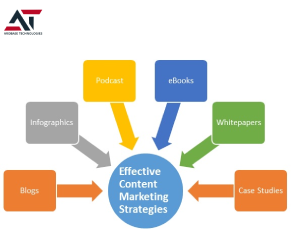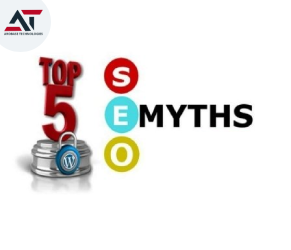- In the digital age, a robust online presence is vital for any business aiming to thrive. At the heart of this presence is an effective content marketing strategy, which plays a crucial role in search engine optimization (SEO). By creating and distributing valuable, relevant content, businesses can improve their search engine rankings, attract more organic traffic, and ultimately drive conversions. Here, we explore key content marketing strategies that can lead to SEO success.
Understanding the Basics of SEO and Content Marketing
- SEO is the practice of optimizing your website to rank higher in search engine results pages (SERPs). Content marketing, on the other hand, involves creating and sharing high-quality content to attract and engage a target audience. When combined, these strategies can significantly enhance your online visibility and search rankings.

Conducting Comprehensive Keyword Research
- Keyword research is the foundation of any successful SEO strategy. It involves identifying the words and phrases that potential customers use to search for products or services similar to yours. Tools like Google Keyword Planner, Ahrefs, and SEMrush can help identify high-volume, low-competition keywords. Once you have a list of targeted keywords, integrate them naturally into your content, including blog posts, articles, and product descriptions. This ensures that your content is discoverable by search engines and relevant to your audience.
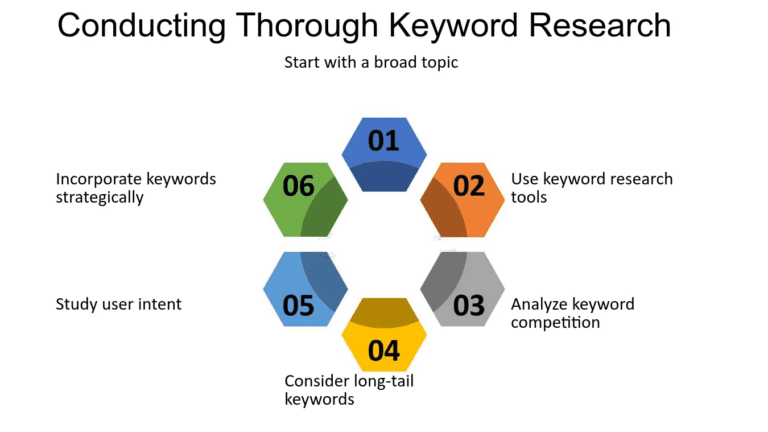
Creating High-Quality, Engaging Content
- Search engines prioritize content that provides value to users. Therefore, it is essential to create content that is informative, engaging, and relevant. Focus on solving problems, answering questions, and providing insights that your audience cares about. Long-form content, such as in-depth blog posts, guides, and ebooks, tends to perform well in search rankings as it offers comprehensive information on a given topic.
Optimizing On-Page Elements
- On-page SEO involves optimizing individual web pages to rank higher and earn more relevant traffic. Key elements include:
1. Title Tags and Meta Descriptions

- Ensure that your title tags and meta descriptions are compelling and include your primary keywords. These elements not only influence rankings but also impact click-through rates from SERPs.
2. Headers and Sub headers
- Use headers (H1, H2, H3) to structure your content. This makes it easier for search engines to understand the hierarchy of your information and improves readability for users.
3. Internal Linking
- Link to other relevant pages on your site to help search engines crawl your site more effectively and keep users engaged with your content longer.
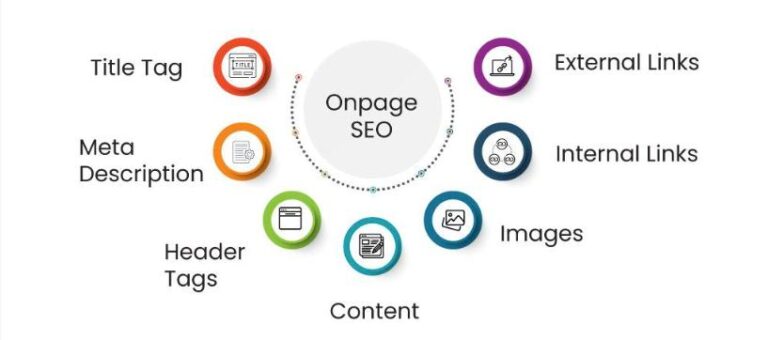
Leveraging Visual Content
- Visual content, such as images, infographics, and videos, can significantly enhance user engagement and improve SEO. Search engines favor content that includes visual elements, as they increase time spent on a page and reduce bounce rates. Make sure to optimize visual content by using descriptive file names and alt text that includes relevant keywords. This not only improves accessibility but also helps search engines understand the context of your visuals.

Monitoring and Analyzing Performance
- Regularly monitoring and analyzing your content’s performance is essential for SEO success. Use tools like Google Analytics and Search Console to track metrics such as organic traffic, bounce rates, and conversion rates. These insights can help you understand what types of content resonate with your audience and identify areas for improvement. Adjust your content strategy based on these findings to continuously optimize your SEO efforts.
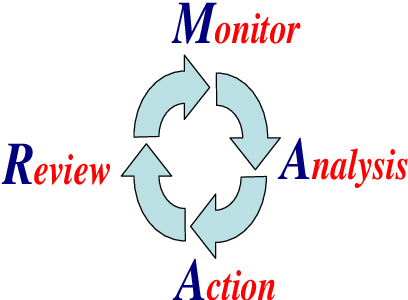
Conclusion
- Combining content marketing with effective SEO strategies is a powerful way to enhance your online visibility, attract organic traffic, and achieve business goals. By conducting thorough keyword research, creating high-quality content, optimizing on-page elements, leveraging visual content, promoting through social media, and continuously monitoring performance, you can significantly improve your search engine rankings and drive long-term success. Embrace these strategies to stay ahead in the competitive digital landscape and ensure that your content marketing efforts yield the best possible results.


